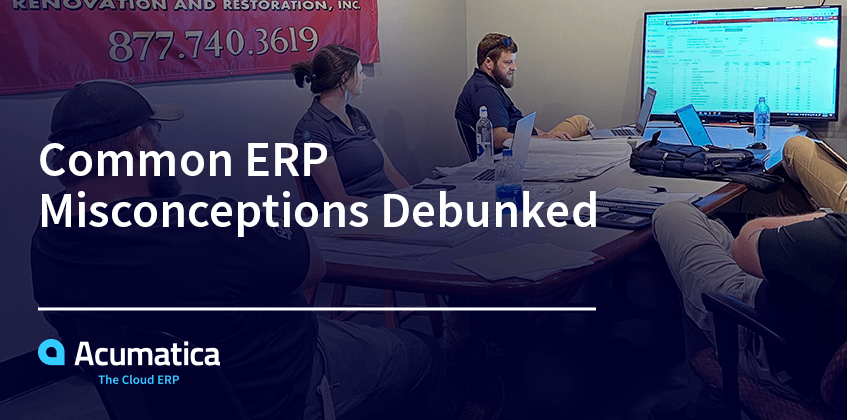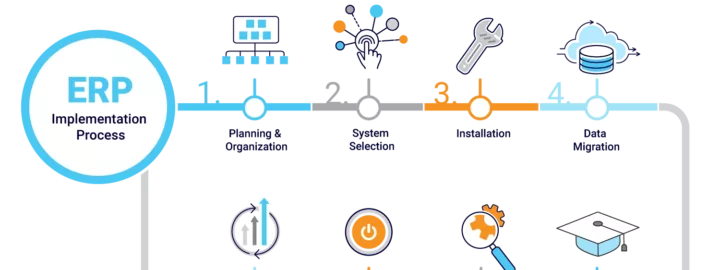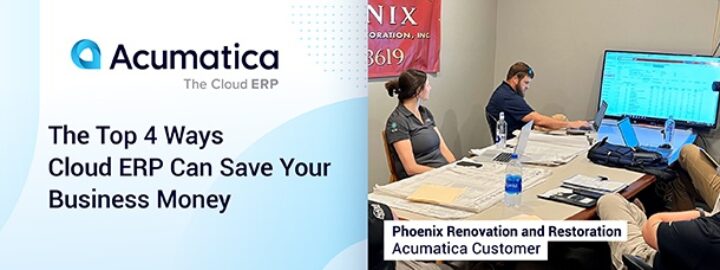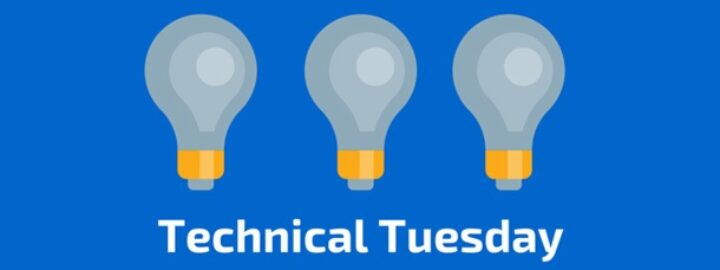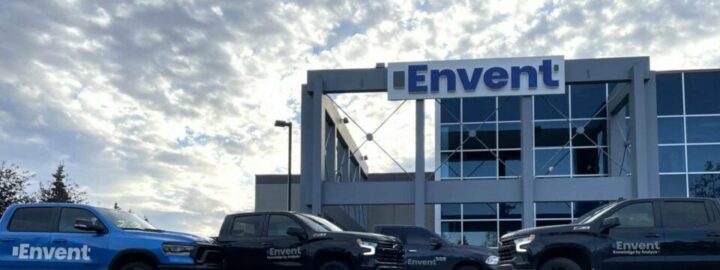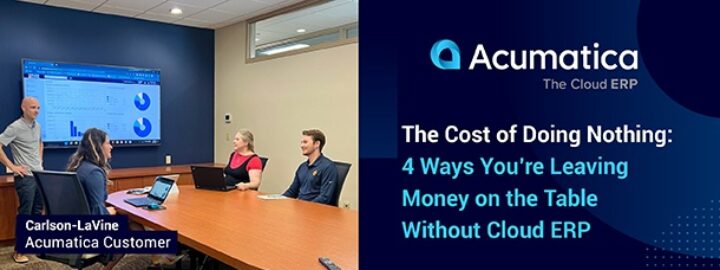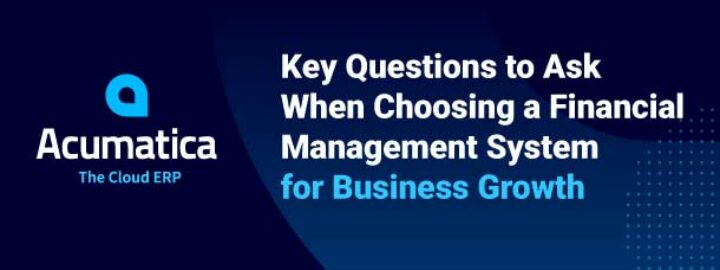Breaking Down Misconceptions About ERP Solutions
As a business leader, you likely know what an Enterprise Resource Planning (ERP) solution is and how it can benefit your business. But you may also have a few ERP misconceptions.
You may have heard how painful it is to implement an ERP solution, how long implementations take, and how many implementations fail the first time around. But these anecdotes have been both taken out of context and misconstrued.
Today, we’ll be dispelling three common myths about ERP implementations:
- ERP solutions are expensive and are only suitable for large companies.
- ERP solutions are no good on their own, right out of the box. You have to add costly, piecemeal, individual programs to the system to receive any return on investment (ROI).
- ERP solutions are no different from customer relationship management (CRM) software. So, if you already have CRM software, an ERP system won’t help you.
Read on to learn why these misconceptions are false.
ERP Solutions Are Expensive and Only for Large Companies
It’s true that many of the original adopters of ERP solutions were larger organizations. Their extensive budgets and bigger IT departments allowed them to gamble on what was then new technology. But, as ERP solutions have matured, and as affordable, cloud-based ERP systems have become widely available, small and midsized businesses (SMBs) have jumped on board.
Every business—of any size, in any industry—can use a cloud ERP solution to connect its departments (e.g., accounting, sales, marketing, HR, and more) and synchronize its internal and external data in a single, centralized database. Because such an ERP solution is based in the cloud, every team member can access the database from any location, at any time of day or night, through any web-enabled device.
Additionally, unlike on-premises solutions, cloud ERP software does not require specialized hardware, nor does it require a devoted IT team to take care of upgrades, updates, support, security, and regulatory compliance. All these upkeep and maintenance responsibilities belong to the cloud ERP vendor, so cloud ERP solutions are affordable, business-enhancing investments for both enterprise-level organizations and SMBs.
Only a Piecemeal System of Individual Programs Can Fit Your Specific Needs
Another ERP misconception revolves around the idea of building a tech stack. Must ERP solutions be built up, piecemeal, for them to provide a robust ROI? The answer is “no.” While some businesses believe you need multiple, best-of-breed systems to get the customized functionality you require, most of today’s cloud-based ERP solutions are designed to provide extraordinary functionality from one system—right out of the box.
Keep in mind, however, that you’ll need to choose an ERP solution that can flex to meet your needs as your business grows and changes. Before making your ERP selection, carefully scrutinize the core offerings of different ERP solutions. The vendor should allow you to implement only the modules you need right now and easily add or remove modules down the road. The system should also be able to seamlessly integrate with any critical third-party applications you’re already using or plan to use. And the vendor should connect you with the support of a trained ERP partner to help you make any changes to, or design personalized variations for, the system.
“It’s the Same as My CRM System.”
ERP solutions and CRM software have some similarities, but they are not the same.
CRM software enables businesses to provide prospective and current customers with a full-service, informed experience. Customer data (e.g., contact information, opportunity lists, customer account data, and customer case information) is stored in one place and accessible by every team member. This means each customer’s journey—from lead to deal to support—is visible to any team member working with that customer. This way, each team member knows about each customer’s previous interactions with your business and can provide superlative, knowledgeable service.
Essentially, CRM software is built to manage interactions between your business and your customers. An ERP solution, however, is built to manage resource needs across your entire organization—financials, projects, inventory, manufacturing, distribution, ecommerce, taxes, pricing, etc. If you choose to integrate CRM software with an ERP solution, your business will enjoy a 360° view of your customer and companywide data from a single source of truth. This helps you streamline workflows, respond quickly (and appropriately) to customer requests and concerns, use sophisticated reporting tools and dashboards to make informed decisions, and so much more.
How Acumatica Can Help
ERP myths and misconceptions mislead people as to what a modern, end-to-end ERP solution—like Acumatica Cloud ERP—really is and how it can benefit businesses in today’s digital economy. For an example of a successful ERP implementation, consider Power Storage Solutions.
Power Storage Solutions—a company that sells, installs, and services DC-power backup systems—desperately needed to go from six operating systems to one, and, after evaluating major ERP providers, the company chose Acumatica Cloud ERP. Derrick Elledge, co-owner of Power Storage Solutions, says he and his team were shocked when they found such an affordable, mobile, and functional ERP system—and even more shocked when they were able to go live with it in just 60 days.
“In 60 days, we went from nothing in Acumatica to launching a $24 million company with 20,000 parts, 5,000 customers…” Elledge says. “It’s astronomical when you look at what we did and how Acumatica’s cloud ERP system supports us.”
Power Storage’s ERP implementation success story puts to rest the misconception that all ERP implementations are lengthy, arduous affairs. It also goes to show that having a single solution, with all company data and analytics in one place, is much more practical and efficient than relying on systems made of cobbled together, often incompatible, programs.
As Elledge notes, “People underestimate how important it is to have one [ERP] system you can modify to what you want to do compared to having piecemeal programs that do one thing special.”
In addition to improving companywide communication, increasing overall efficiency, and gaining a single license for multiple employees to use the same system, Power Storage billed “$1.7 million straight out of Acumatica” after the first month of using Acumatica’s innovative cloud ERP software and reduced their month-end by more than 15 days.
Says Elledge, “Nothing I’ve seen out there will do as much as Acumatica will do.”
To learn more about Acumatica, including how our award-winning cloud ERP solution defies the most common misconceptions about ERP and why we’re so committed to putting our customers first, contact us today. We’ll be happy to answer any questions and to set up a demonstration.
 Canada (English)
Canada (English)
 Colombia
Colombia
 Caribbean and Puerto Rico
Caribbean and Puerto Rico
 Ecuador
Ecuador
 India
India
 Indonesia
Indonesia
 Ireland
Ireland
 Malaysia
Malaysia
 Mexico
Mexico
 Panama
Panama
 Peru
Peru
 Philippines
Philippines
 Singapore
Singapore
 South Africa
South Africa
 Sri Lanka
Sri Lanka
 Thailand
Thailand
 United Kingdom
United Kingdom
 United States
United States
